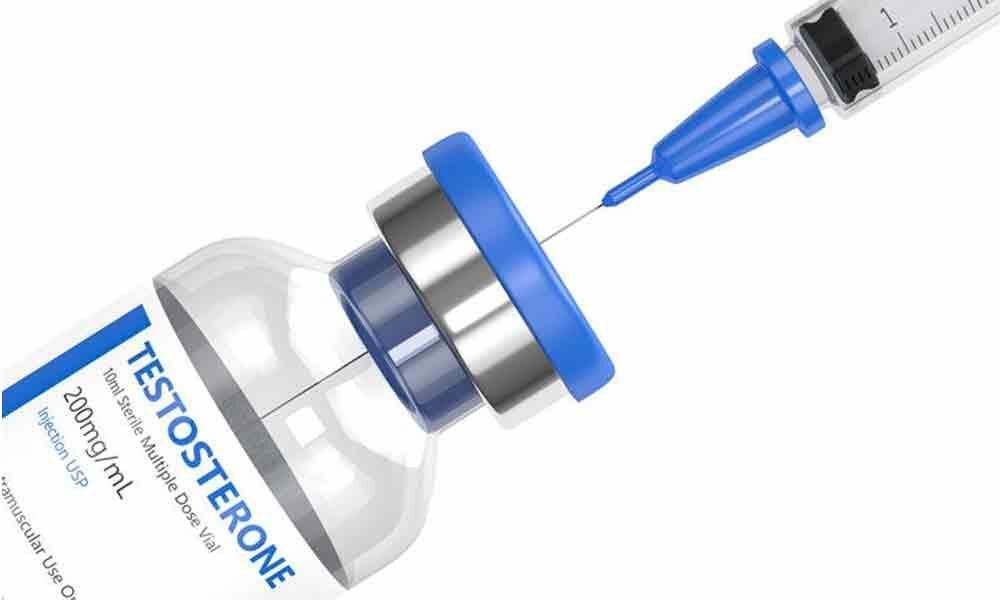Live
- Taiwan Excellence announces the Top 3 global winners for Go Green with Taiwan
- Delhi High Court Denies Bail to IAS Trainee Puja Khedkar Over Forgery and Fraud Charges
- BJP rejects Kharge’s charge on EC’s ‘erosion’, says ‘most changes brought during Cong rule’
- 59 pc people seek GenAI smartphones by 2025 end globally: Report
- Crime Rate in Rachakonda Increases by 4% in 2024, Cybercrimes Surge by 42.5%
- AIM, Niti Aayog’s Youth Co:Lab challenge 2025 to foster innovation for disabled
- IIT Delhi students receive job offers from US, UK, UAE, Japan in abundance
- Pushpa 2 Leads to the Capture of Notorious Gangster Vishal Meshram in Nagpur
- WhatsApp to End Support for Older Android Phones From January 1, 2025
- CM Stalin Slams BJP-Led Government Over Election Rules Amendment









